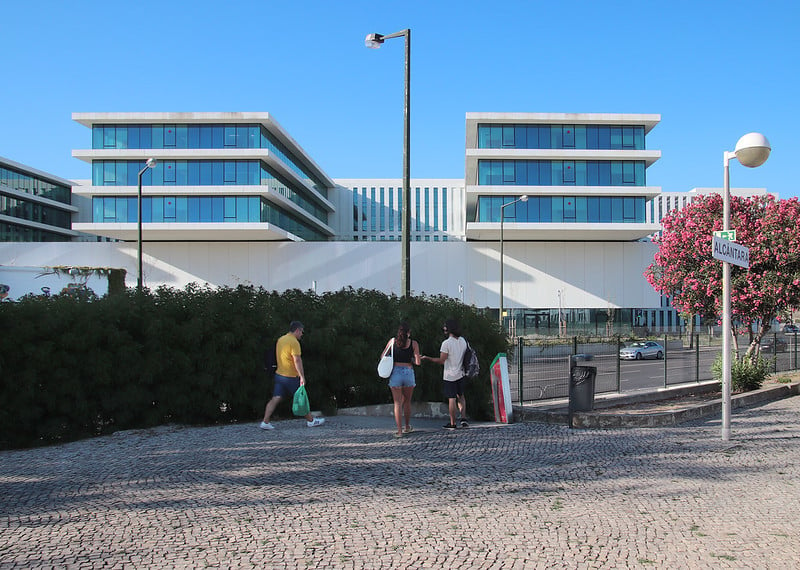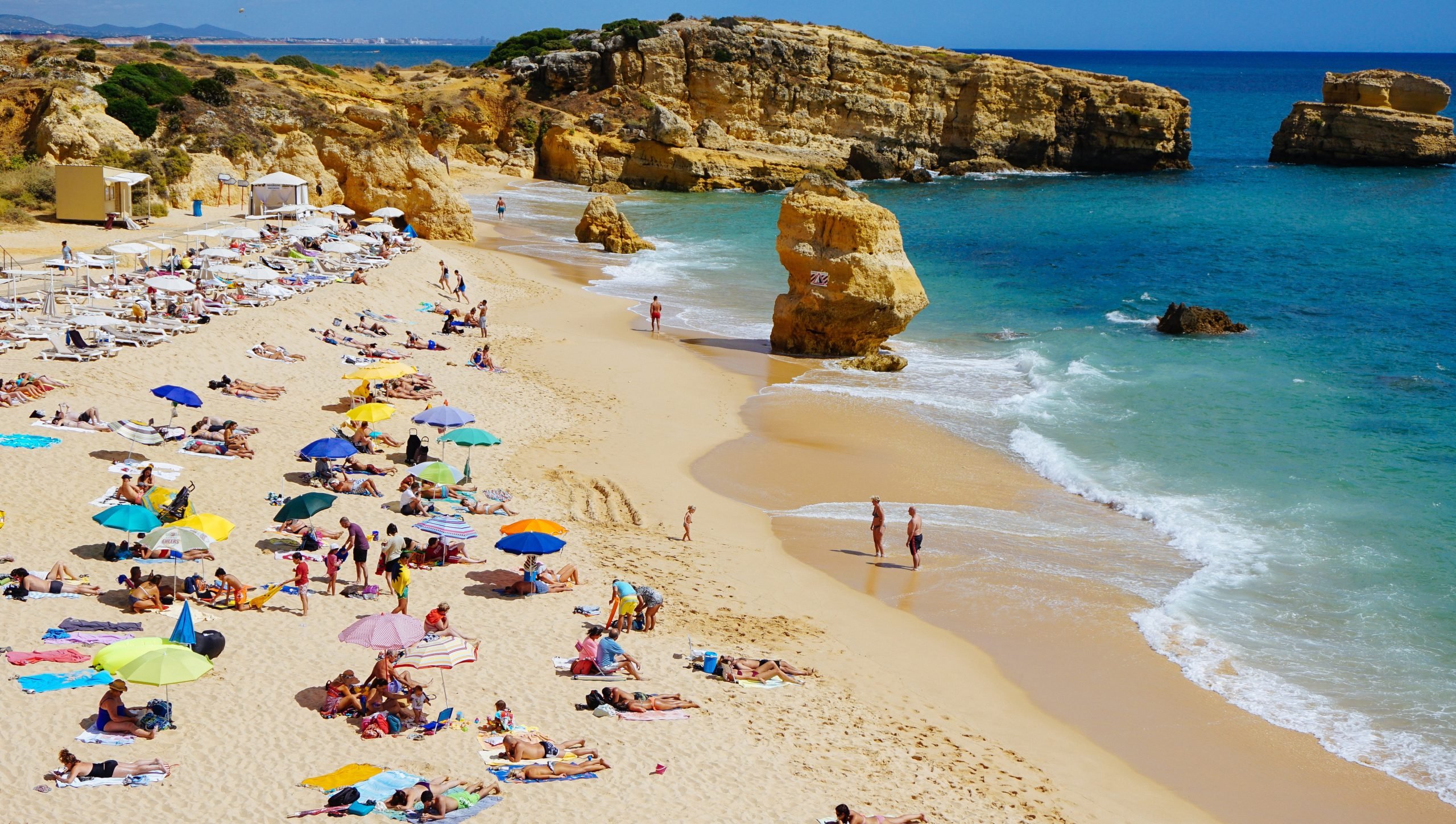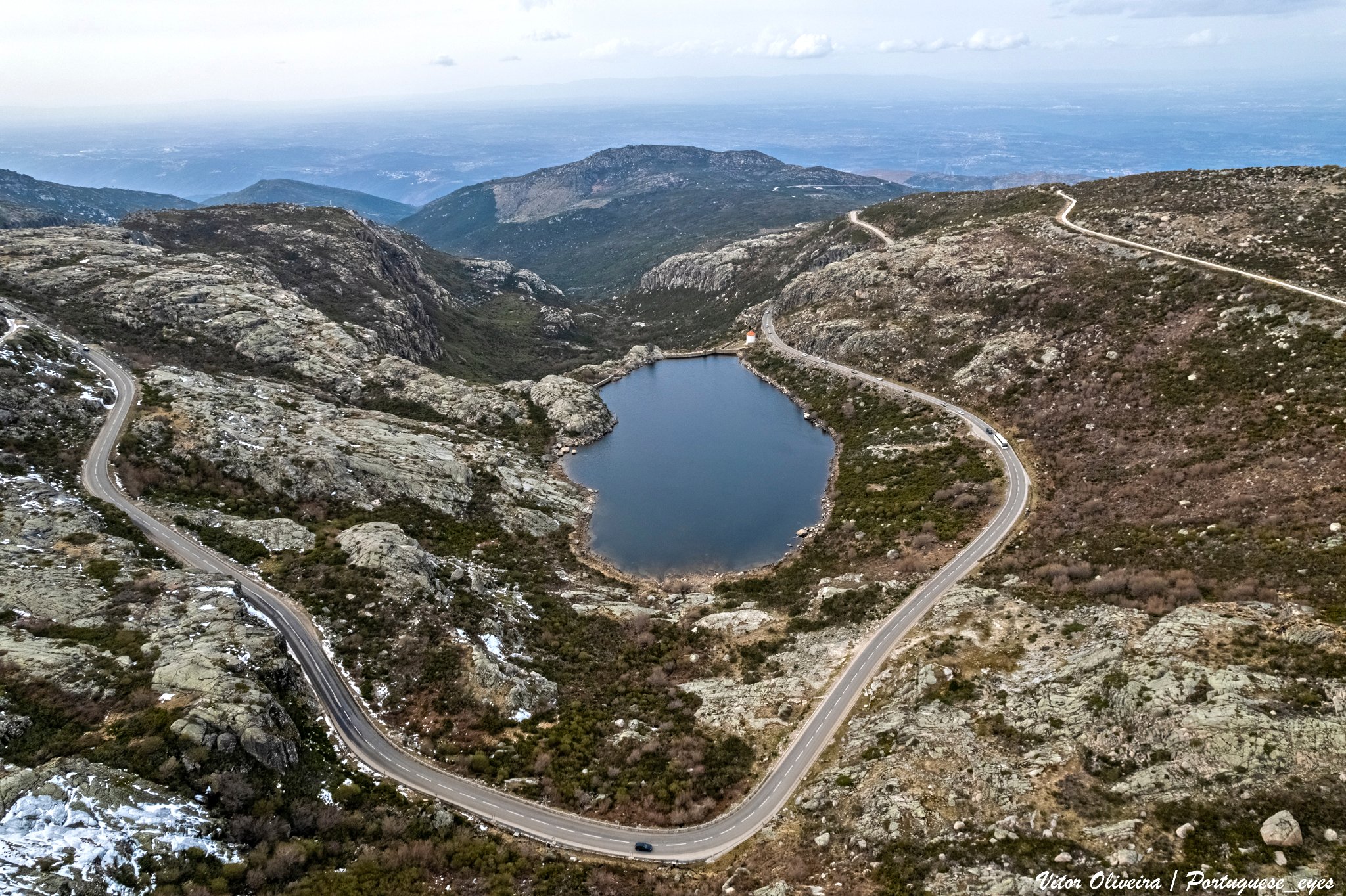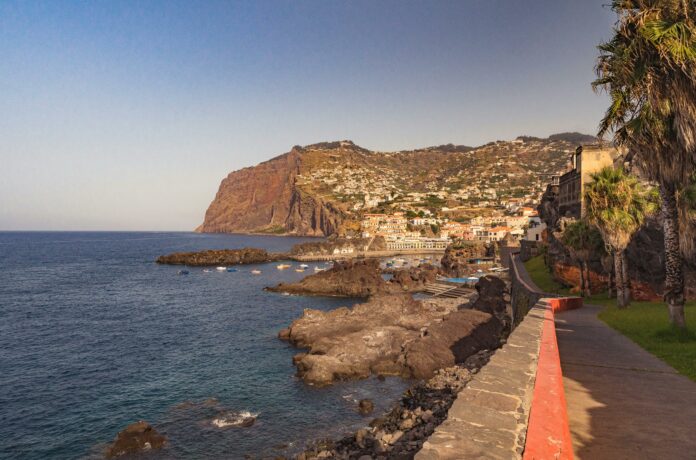The stories are true. Portugal is not the same place that it was 10 years ago. The cost of accommodation has skyrocketed – both to buy and to rent. In 2024, it is no longer possible to buy property to get a Golden Visa.
While Golden Visas are still available, the investment vehicles to obtain them are less attractive than the property schemes. The NHR (Non-Habitual Residence) scheme, which allows qualifying residents to be taxed at a top rate of 20% for 10 years, is now geared for workers with specialized skills. It is still available, but it no longer gives benefits to retirees. The waiting times for residency appointments, getting new residency cards, and receiving citizenship have gotten longer, not shorter, despite a new immigration agency being set up at the end of 2023. Immigration protests are becoming more frequent as locals clamor for lower rent and more housing in general.
All of this begs the question – Should you move to Portugal in 2024? Is it still worth it? As someone who has now been in Portugal for almost four years, my answer is still yes. And while you may not agree with my reasoning, I will still lay out my case for it anyway. (And I would love to hear your comments.) Here’s why you should still move to Portugal in 2024.
1. The Weather
After four years in Portugal, I have come to adore the weather in Portugal. I have never lived in a place (Lisbon) with such consistent sunshine. Although there are months, typically November and February, which can be quite rainy, the high number of sunny days in southern Portugal means that I can go out for long walks or enjoy a coffee or wine on an outdoor terrace with friends much more often.
This means that I live more of my life outside looking at the views and staying in shape as I climb the hills. Not every city in Portugal has year-round sunshine, but if good weather is what you’re looking for, Lisbon and southern Portugal, Madeira, and the Azores has it.
Being next to the sea, Portugal also gets ample cool air from the Atlantic, which cools things off during the summer evenings. While the rest of non-Scandinavian Europe is baking in the summer heat, the Portuguese coast still feels fresh (not always but a good majority of the time). Of course, this is not the case for central and northern Portugal, where high temperatures have caused numerous fires over the last several years, burning large tracts of land.

2. The Safety
Portugal consistently ranks in the Top 10 safest countries in the world. When you’re here, you will understand why. There is a calmness that pervades and a strong Catholic faith in the older generation whose sense of morality has been passed down to the younger people. Family traditions are strong and people even look out for other people’s children on public transport.
This creates a safe environment where people treat others as they want to be treated. Even in the middle of the night, walking alone in Lisbon, I feel safe. I don’t get harassed and I don’t get followed. At least, that has been my experience so far. That piece of mind is invaluable these days. I have been to many other European capitals and they don’t feel as safe. This is something that I really appreciate about Lisbon and Portugal in general.
3. The People
The more local people I meet, the more I am charmed by the Portuguese people. As I mentioned in No. 2, people value family and children. You will never feel like your children are in the way in Portugal, as locals will be smiling at them, adopting them from afar as their own children on public transit. The Portuguese have been through a lot of repression and change in the last century, and they maintain an authenticity and curiosity for learning about the outside world.
I have been invited into homes, introduced to children, and eaten sardines at barbecues. I have had Portuguese friends tell me that I could call them in the middle of the night. I have heard their life stories in the first few days of knowing them. As an American, this feels very familiar to me. Like home. Like a soft place to land.

4. The Healthcare
Because I am a freelancer and American, I am double cursed when it comes to getting affordable health care in the United States. Even if my health care was reasonable, it likely wouldn’t cover many procedures that I might need.
Portugal not only has a free public health care system, but it also has a private health care insurance system that is available to anyone who can pay the premiums. Available and affordable. I have already had one major surgery that only cost me 500 euros out of pocket. I have received excellent care from multiple doctors, scheduled using an app on my phone. Admittedly, it took me about a year to find out my preferred doctors and I did have to wait about one month for my surgery, but I can assure you that it has all been worth it and brings an invaluable peace of mind.

5. The Beaches
Not everyone is a beach person (me included), but I can appreciate a beautiful beach and happily take a long walk down it. Portugal invites you to the sea with its sand and surf, and there is plenty where that came from – whether it’s the biggest waves in the world in Nazaré, the beautiful rock formations in Lagos, or the black sands on the island of São Miguel in the Azores.
There is nothing more calming than taking a walk down the beach with your dog and sitting down with a good book on your beach towel. Or having a picnic on the beach with friends. Being by the sea gives everyone a feeling of space and adventure for free as far as the eye can see.

6. The Cost of Living
Apart from the aforementioned accommodation costs, Portugal is still relatively affordable compared to other European countries. It’s only €30 per month to get anywhere you want in central Lisbon. For students and residents 65 and over, it’s free. You can still find reasonable prices at the supermarket and to attend events around the cities. Residents in Portugal can go to museums and monuments for free for 52 days a year. There are no ATM fees for any Portuguese banks. Several bus companies including FlixBus and Rede Espressos can get you from Point A to Point B across the country for less than €10 one way. Taxis and Rideshare companies in Lisbon and Porto are easily 1/2 to 1/3 the price of other European cities. Portuguese tascas still offer plates that will fill you up for less than €15 per plate. While it has gotten more expensive in the last ten years, it is still much cheaper than London, Paris, and Amsterdam, for example.

7. The Mortgages
If you have the money for a down payment, Portuguese banks are willing to give residents a 30-year fixed mortgage for a reasonable interest rate. You don’t have to be a Portuguese or European citizen to get a mortgage. They will give mortgages to non-Europeans as long as they are Portuguese residents. As a non-European, you will usually have to pay 20-30% of the total purchase price of the house. The rest will be covered by the mortgage. For those who can afford it, this can be a great option for finding a place to finally call home.

8. The Food and Wine
Portugal’s gastronomic scene has taken off in the last ten years, and its wine has made its way around the globe. The fresh seafood and delicious whites and reds are incredible, but I also appreciate the simplicity of the food, especially at the supermarket. While it may not match the quality of Italy or France, it is not pumped full of antibiotics and preservatives like the American food that I grew up eating. I finally know what it means to eat fresh and I can trust that the government is following EU-wide mandates to keep food healthy. The Portuguese have one of the oldest populations in Europe – so the food must be doing something right.

9. The Geography
Portugal is out of the way and right on the edge, though still connected. Not only did this prove advantageous during World War II, but it is also a benefit now, as conflicts worsen elsewhere. If you are from the United States, Portugal is also the closest European nation, making it easy to visit friends and family back home.
Portugal also has a wide variety of terrain despite its small size – from the mountains of Serra da Estrela to the beaches of the Algarve and the vineyards of the Douro. In addition, any place you want to go is within a seven hour drive (check this) – end to end.

Final Thoughts
Portugal has its downsides to be sure, but it also offers an affordable, laid-back, and safe place to live. It is full of interesting, vibrant, and kind people that will make you feel welcome. Its government policies will allow you to retire here or work remotely as long as you can prove that you earn enough to support yourself. Portugal is not perfect, but we all know that no place is going to check all the boxes. In an uncertain world, I still choose Portugal.



Thank you for your article. Regarding this statement under 6. Cost of Living – It’s only €30 per month to get anywhere you want in central Lisbon. For students and residents 65 and over, it’s free. – I am a resident over 65 and I pay 20 euros each month on my Navigante card to travel in the 19 municipalities of Lisbon. What is the option that is free? Thank you!
Hello Michele, the free option is only for the Navegante Municipal version. If you want or need to ride in the entire Lisbon Metropolitan Area, you will still have to pay 20 euros for those over 65 – so you are already getting the cheapest version you can get in your age range. Thank you for checking!